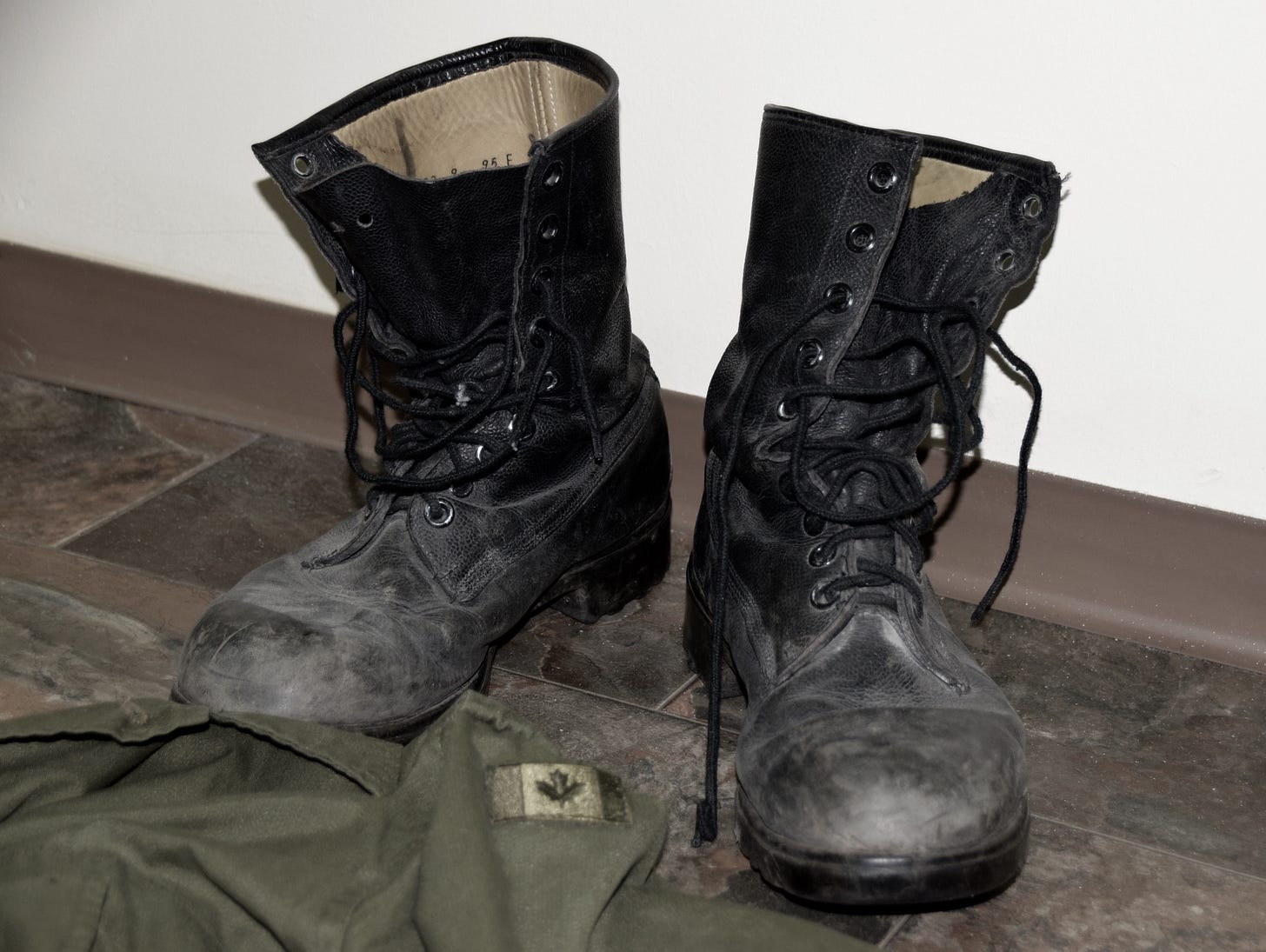Poetry is something more philosophic and of greater import than history, since its statements are of the nature of universals, whereas those of history are singulars
Aristotle, 384-322 b.c.
This podcast is for anyone who has a friend, loved one, family member, or co-worker who lives with a mental illness, but especially if you, dear reader, live with one yourself.
When you have an illness like schizophrenia or bipolar and you have spent time on psychiatric wards or time in a psychiatric hospital, there are many things you need to do to take care of yourself to prevent relapse. It seems to me lately that above all, the most important thing you can do is to get proper rest. And one of the best ways I have found to get that rest is to keep a health journal. Keep track of your regular activities and exercise activities. Make sure when your head hits the pillow not only that you are free of distractions and have enough time to get your full sleep period, but that you have exercised enough to make yourself tired.
In addition to a health journal, it can also be a powerful thing to write in a journal so you have a safe place to record your thoughts, and progress in your goals. If you can write each day for a few months, then find out what could be improved or changed, then type out what you find and then give it to your psychiatrist when you see him or her, there is no doubt that your situation will continue to improve over time. The most important point here is communication, but journalling can lead to creative writing, it can even be a storehouse for your creative writing that you one day compile and make into a manuscript.
Just to briefly return to the importance of sleep and a health journal, many people on antipsychotic medications such as clozapine will need as much as 10 hours each night, and there really are few ways of getting around this. I have heard of people getting mild stimulants to keep themselves alert enough to function, but often these same people find they still need 10 hours or so. Track what you need, even what is on your mind when you go to bed, and also how long you think you laid in bed without falling asleep. One of the most important things you can do is to get to sleep at the same time each night. I have actually met someone who once had severe psychosis and then went through therapy and now attributes his mental health to getting a healthy sleep at the same time each day, and making that his priority. After doing all this writing about your physical and mental health, don’t go see Dr. Google, but see your psychiatrist and ask about having a sleep study done. A psychiatrist often has connections that can shorten the wait time for a sleep study, which in my case when I made an appointment, was a year. And remember—consulting a pharmacist is free, and they hold a wealth of knowledge about medications, new and old. I once lived in a group home where a pharmacist who specialized in mental health medications would meet with each resident about once a month.
This podcast mentions a number of ways poetry and creative writing can enhance the life of a person with a mental illness. But it isn’t limited to that. I was in a group home with a young man once who was very troubled. He was still a young man when his mother had been murdered, something almost completely unheard of in the part of Canada I live in. I recall one of the staff trying to talk him out of a negative mood and she told him that one of the reasons he didn’t feel his best was that he wasn’t playing piano. One of my favourite people in the neighbourhood went so far as to give him a piano which he kept in his room at the group home. Writing too can be a powerful tool for treating a blue mood.
There have been times in the many classes I have taught where people told me they “weren’t poetry people” or “I’m just not into poetry” or even “I’m no good at poetry.” I find these people the easiest to answer because poetry is kind of all around us, in songs, in popular sayings (my way or the highway), and even when politicians throw around buzz words and make them rhyme. The power of word mastery can turn the tide of history if spoken by the right person.
A great example of how poetic devices can be used as a powerful rallying cry was when Winston Churchill said, “We shall fight in France, we will fight on the seas and the oceans, we shall fight on the beaches, we shall fight on the landing grounds, we shall never surrender!”
Now, I hate to have to be a broken record. I just wanted to say that I will continue writing as many blogs as my mind and fingers can handle, but there is a possibility, due to the fact that I need a new computer and some software to keep this podcast/blog going, there is a reasonable chance that in the next few months I will make podcasts only for paid subscribers. I am hoping that enough people who enjoy my substack will step forward and switch to a paid membership, which would mean all resources will be for everyone, regardless of financial situation.














Share this post